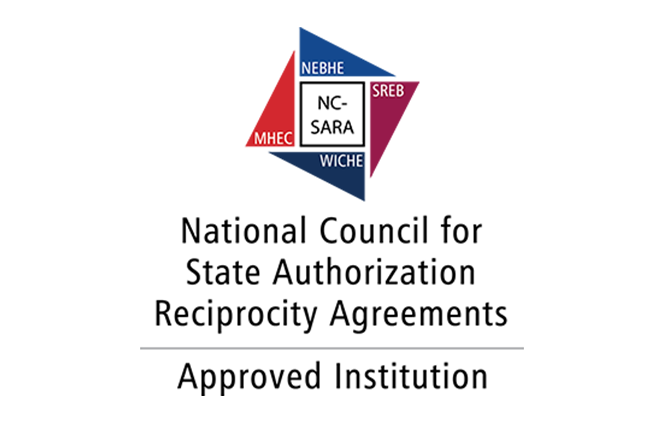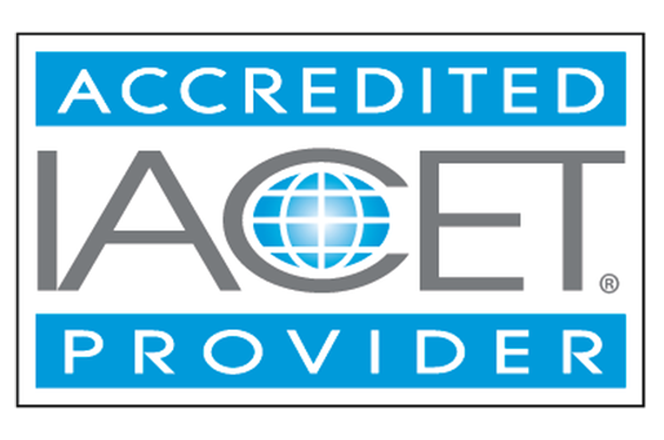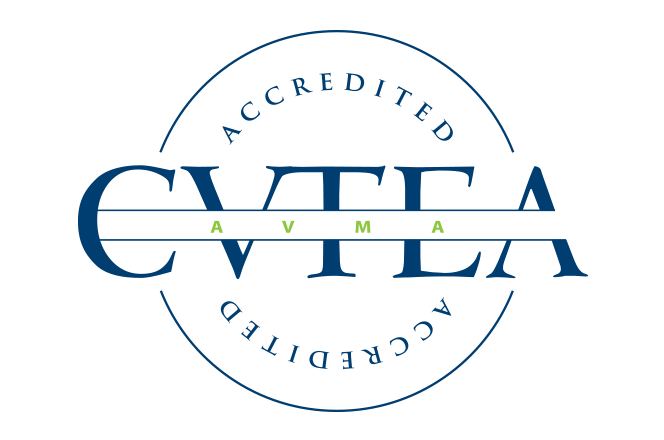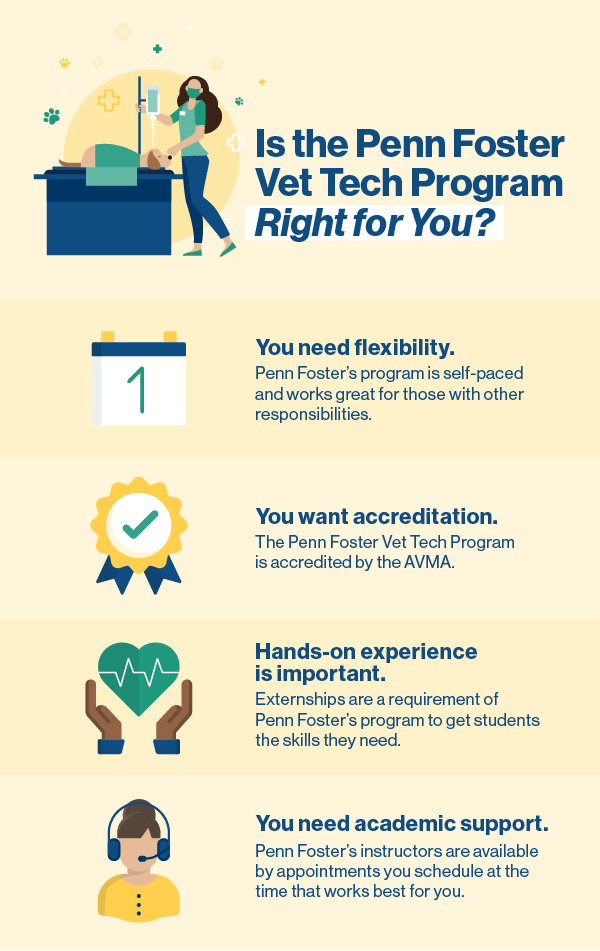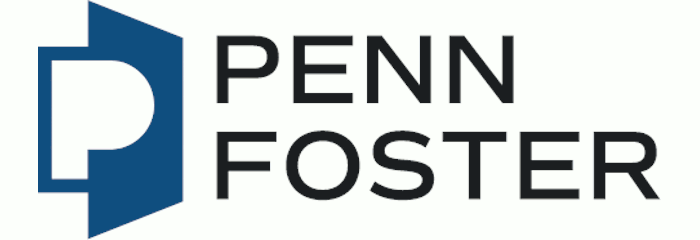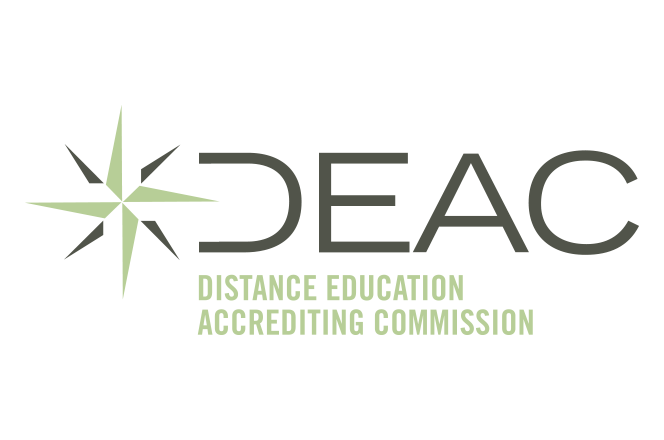Is Penn Foster Accredited In Nc

The question of accreditation is paramount for anyone considering online education, and Penn Foster Career School and Penn Foster High School are no exception. Especially in states like North Carolina, where specific educational requirements and standards exist, prospective students need clarity on the validity and recognition of their chosen institution. This article explores the accreditation status of Penn Foster, particularly its relevance and acceptance within North Carolina.
At the heart of this discussion lies the critical question: Is Penn Foster accredited in a manner that is recognized and beneficial for students residing in North Carolina? This article delves into the different types of accreditation Penn Foster holds, their acceptance by North Carolina employers and educational institutions, and the implications for students pursuing career advancement or further education.
Understanding Accreditation: A Crucial Distinction
Accreditation, in the context of education, is a process of external quality review. It ensures that an institution meets certain standards of educational quality, curriculum, and student support.
There are primarily two types of accreditation: regional accreditation and national accreditation. Regional accreditation is often considered more prestigious and is typically associated with traditional colleges and universities. National accreditation, on the other hand, is more common among vocational and career-focused schools.
Penn Foster's Accreditation: National Recognition
Penn Foster Career School is nationally accredited by the Distance Education Accrediting Commission (DEAC). The DEAC is listed by the U.S. Department of Education as a recognized accrediting agency.
Similarly, Penn Foster High School is also nationally accredited by the DEAC and regionally accredited by Cognia. Cognia is a well-respected regional accreditor formed through the merger of AdvancED and Measured Progress.
The North Carolina Perspective: Acceptance and Recognition
The key question for North Carolina residents is whether this national accreditation is sufficient for their needs. The answer isn't always straightforward and depends on individual goals and circumstances.
For some career paths, employers may accept a Penn Foster diploma or certificate as valid proof of knowledge and skills. However, for others, particularly those requiring state licensing or certification, specific requirements may exist.
Navigating Career Paths and Licensing
Students pursuing careers that require state licensing in North Carolina should verify the specific requirements of the licensing board. Some boards may accept nationally accredited credentials, while others may require graduation from a regionally accredited institution.
Contacting the relevant licensing board directly is crucial for determining if a Penn Foster program will meet the necessary educational prerequisites. Failure to do so could result in ineligibility to practice in the chosen field.
For instance, aspiring nurses in North Carolina should check with the North Carolina Board of Nursing to determine if a Penn Foster nursing program is acceptable for licensure. Similar checks should be performed for careers in fields like electrical work, plumbing, and cosmetology.
Higher Education Pathways in North Carolina
Students planning to use their Penn Foster diploma or credits to pursue further education in North Carolina need to investigate the transfer policies of the colleges and universities they are interested in attending. Many regionally accredited institutions in North Carolina may not readily accept credits from nationally accredited schools like Penn Foster.
However, some institutions may evaluate Penn Foster credits on a case-by-case basis. Building a strong portfolio of work and demonstrating academic proficiency can improve the chances of credit transfer.
Prospective students should directly contact the admissions offices of North Carolina colleges and universities to inquire about their policies regarding transfer credits from nationally accredited institutions.
A Student's Story: Weighing the Options
Sarah, a resident of Raleigh, North Carolina, considered Penn Foster for its veterinary technician program. Driven by a love for animals, she found the online program appealing due to its flexibility.
However, before enrolling, Sarah contacted the North Carolina Veterinary Medical Board. She discovered that while the DEAC accreditation held value, specific requirements existed for clinical experience and that she should check with potential employers.
Sarah's proactive research enabled her to make an informed decision, ensuring her educational path aligned with her career goals and the requirements of the state.
Conclusion: Informed Decisions are Key
While Penn Foster Career School and Penn Foster High School are accredited, understanding the implications of that accreditation within the context of North Carolina is crucial. National accreditation, while valid, may not always be universally accepted by employers or educational institutions in the state.
North Carolina students considering Penn Foster should thoroughly research their career goals, licensing requirements, and the transfer policies of any colleges or universities they may want to attend in the future. Contacting relevant boards and institutions directly is essential for making an informed decision.
Ultimately, the value of a Penn Foster education for a North Carolina resident depends on their individual circumstances and the alignment of the program with their specific needs and aspirations.

